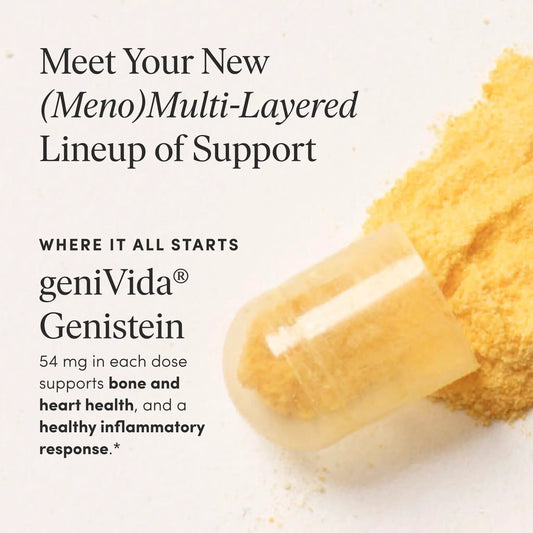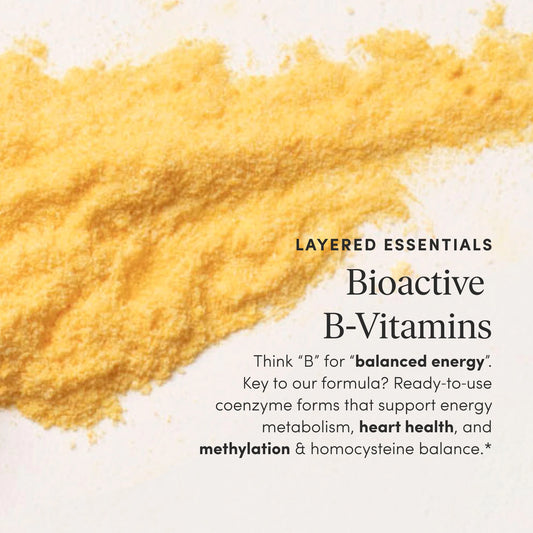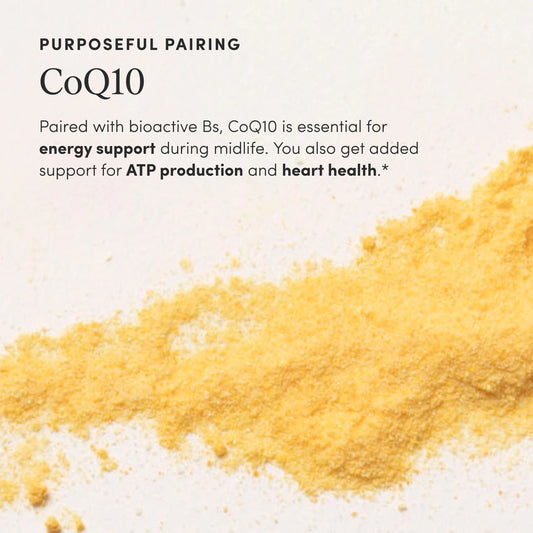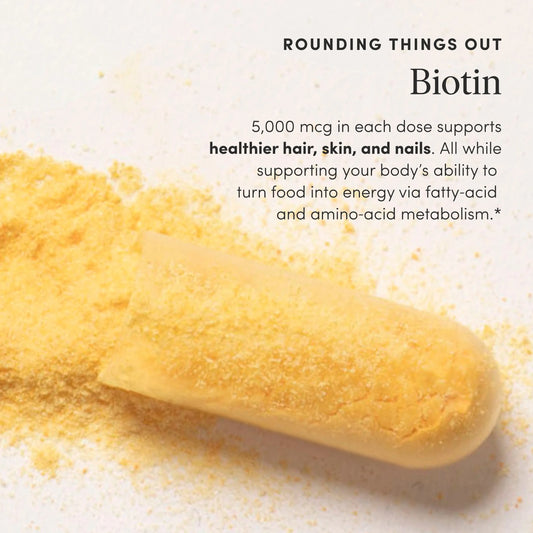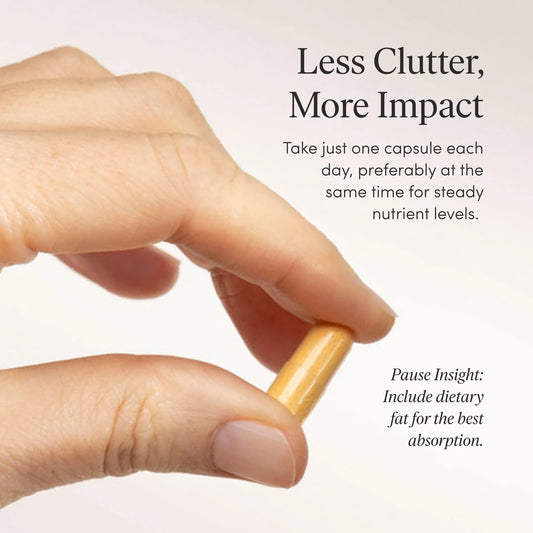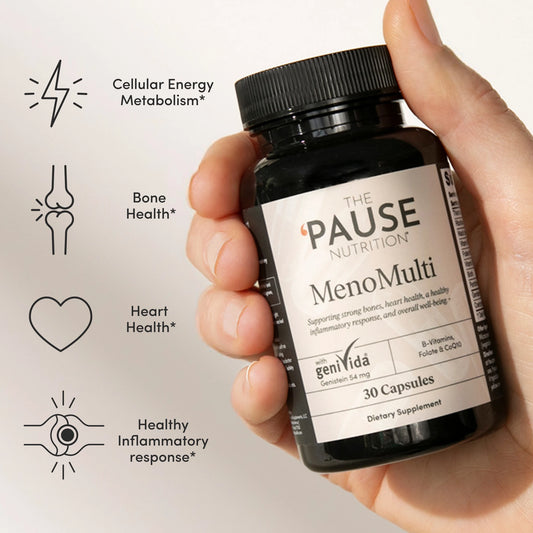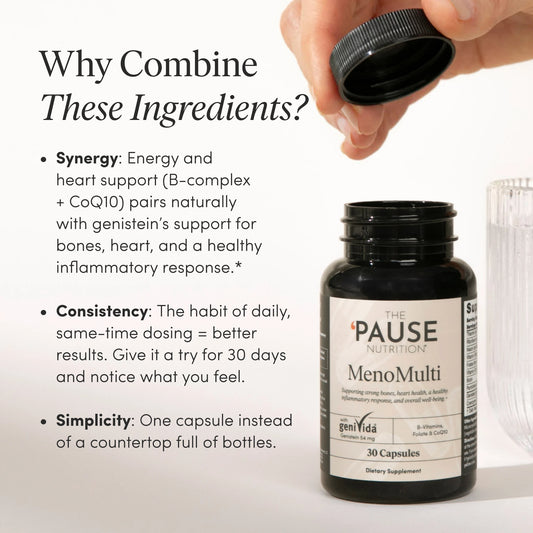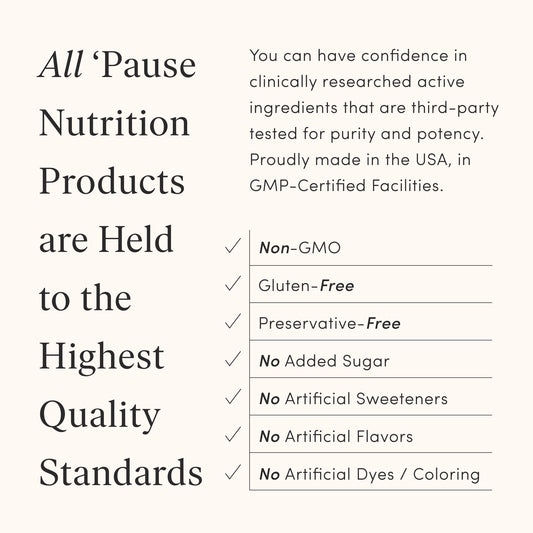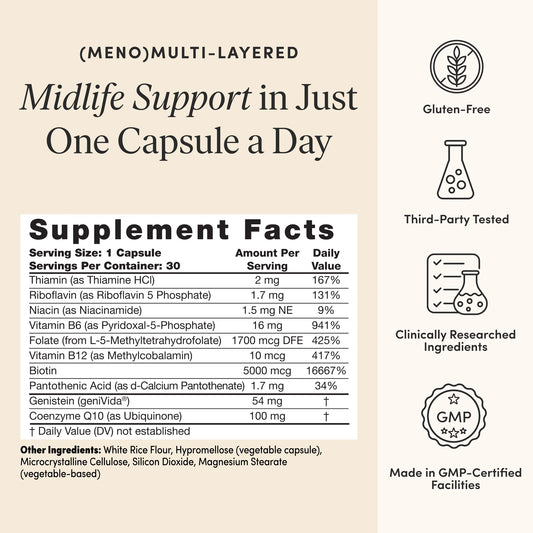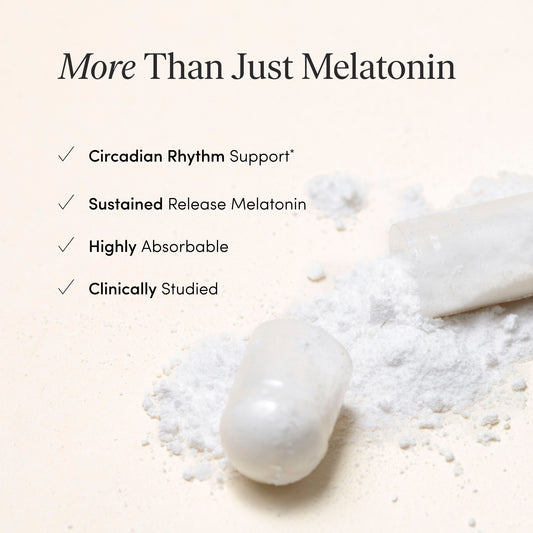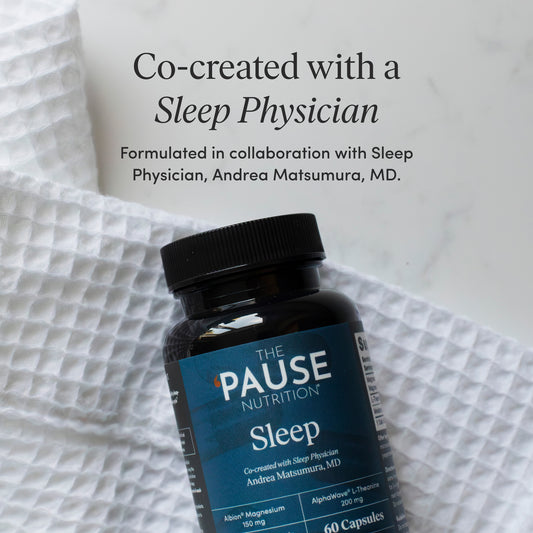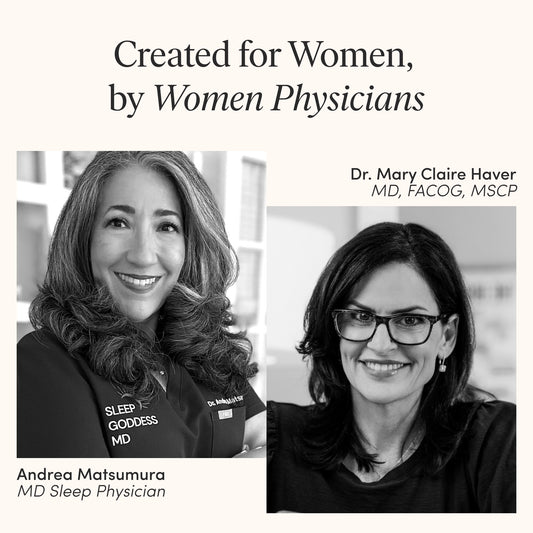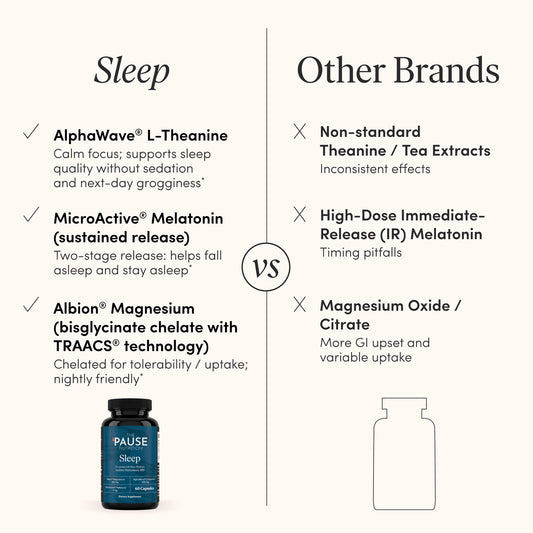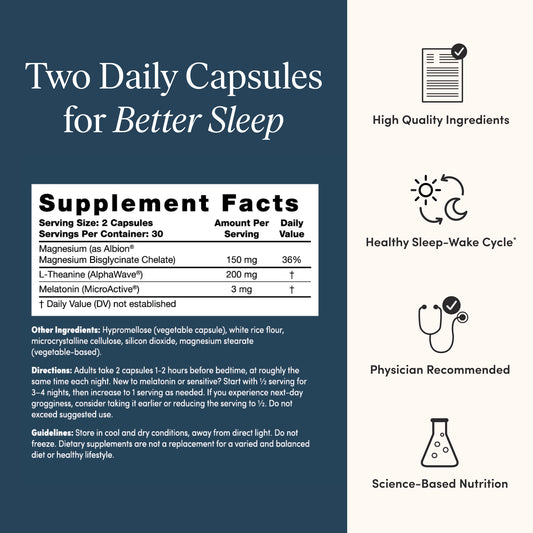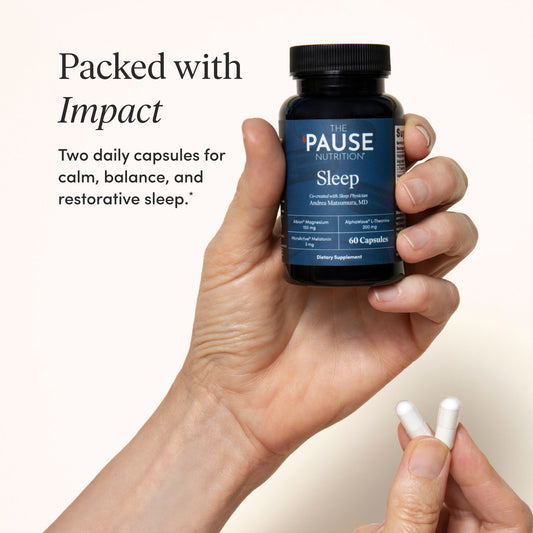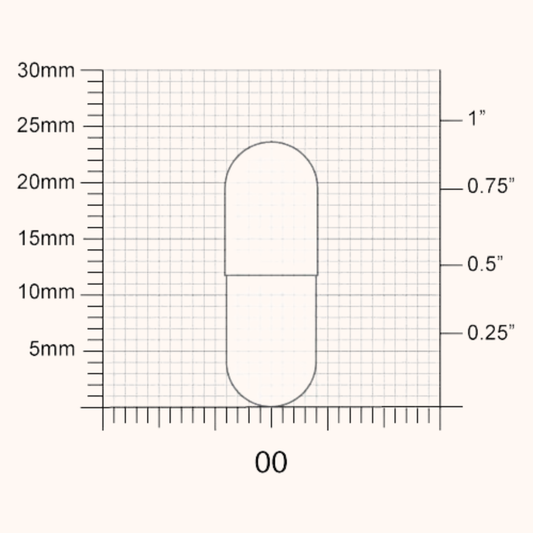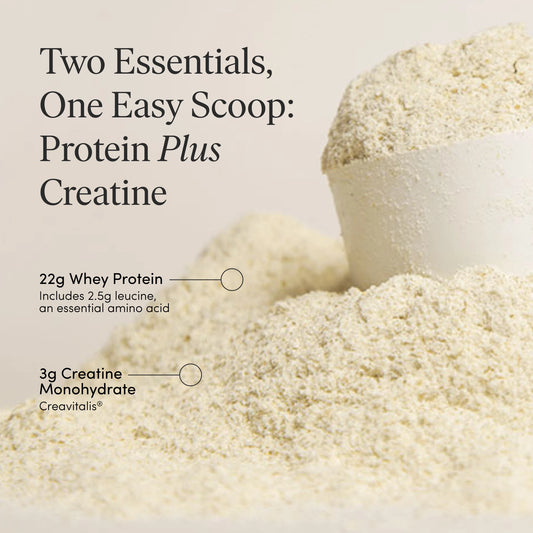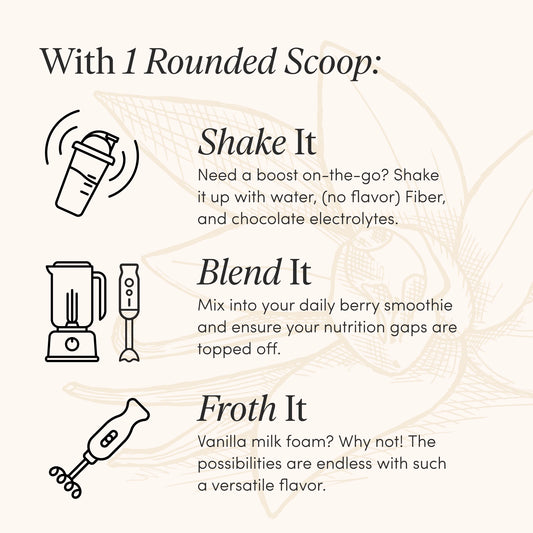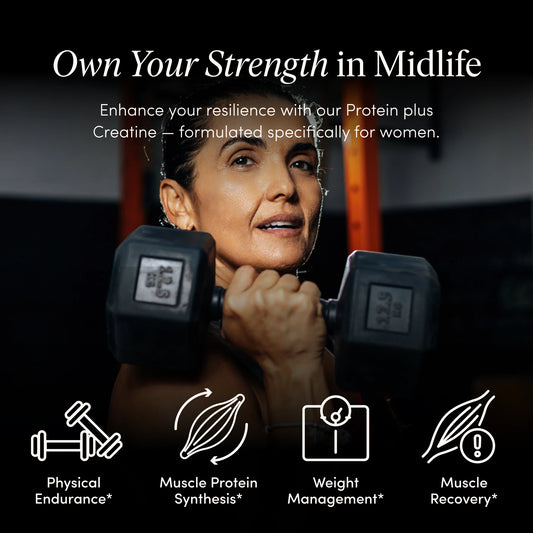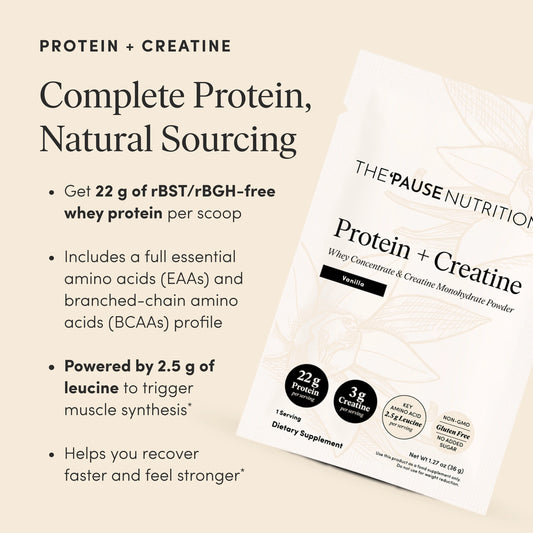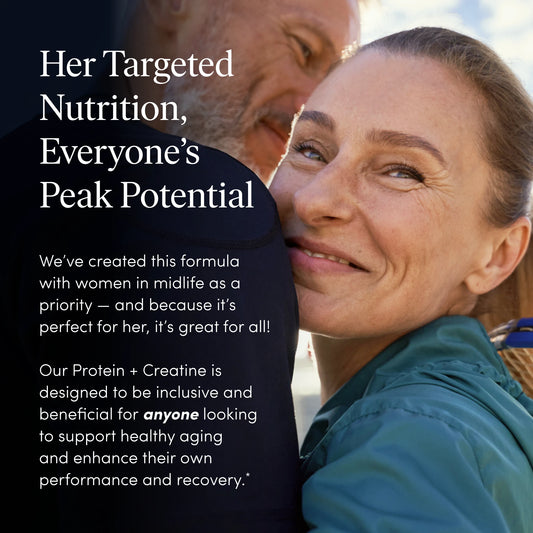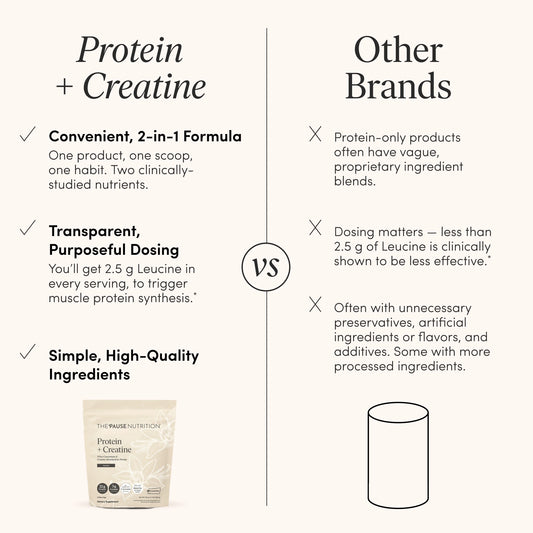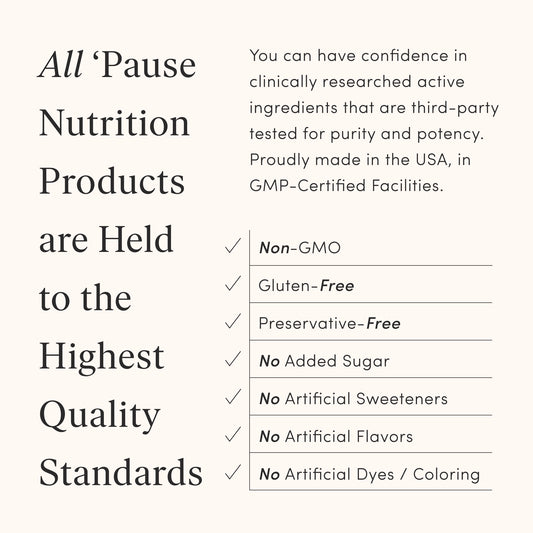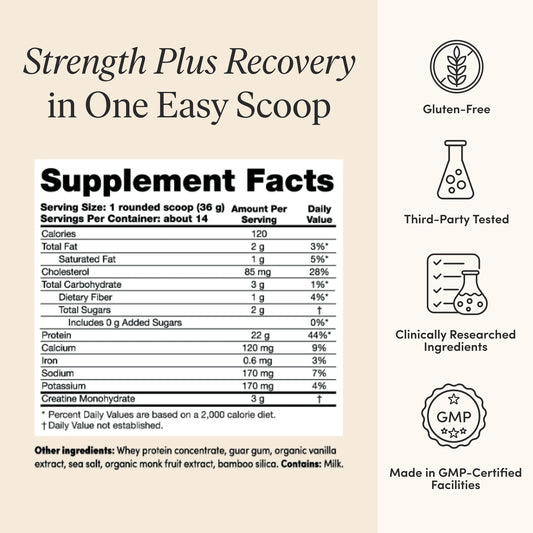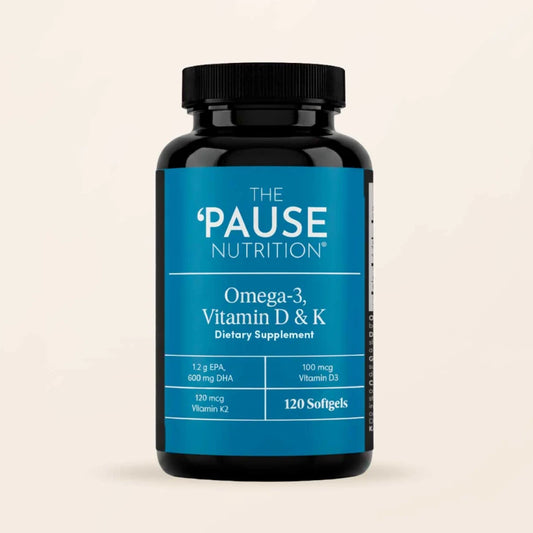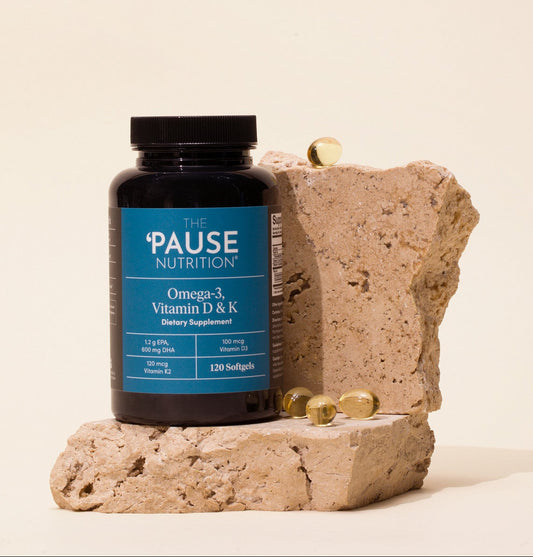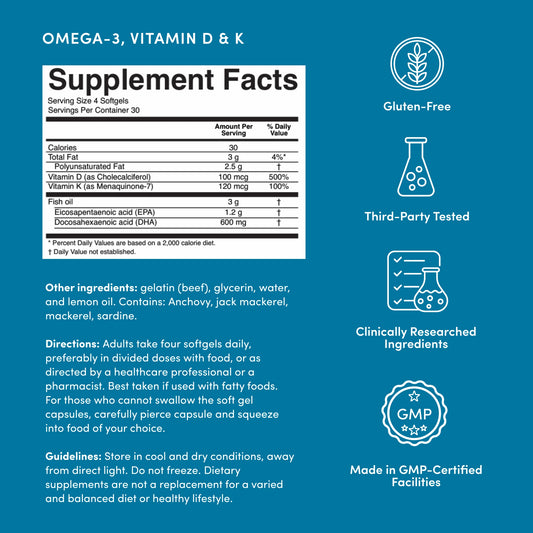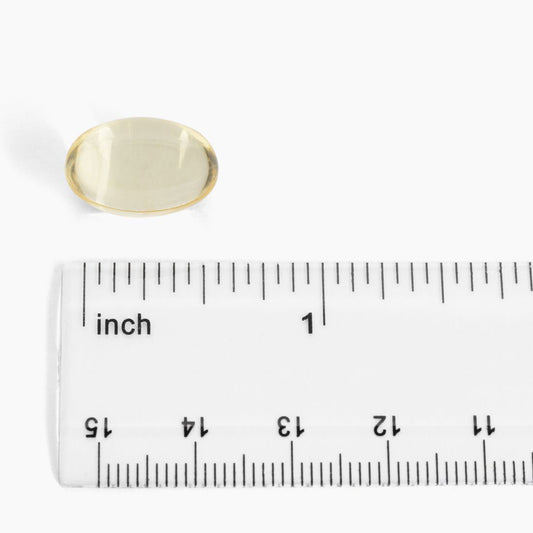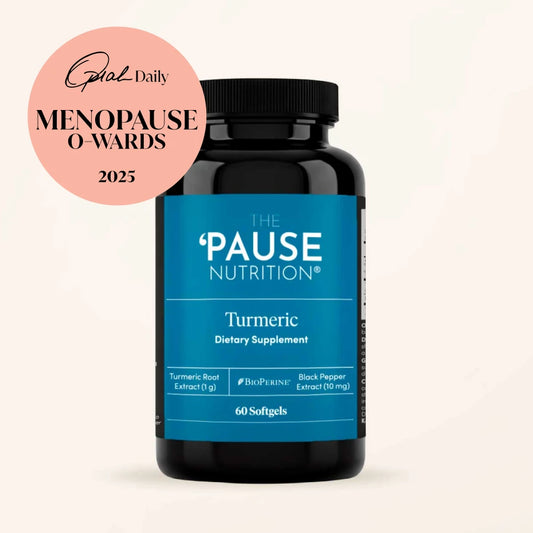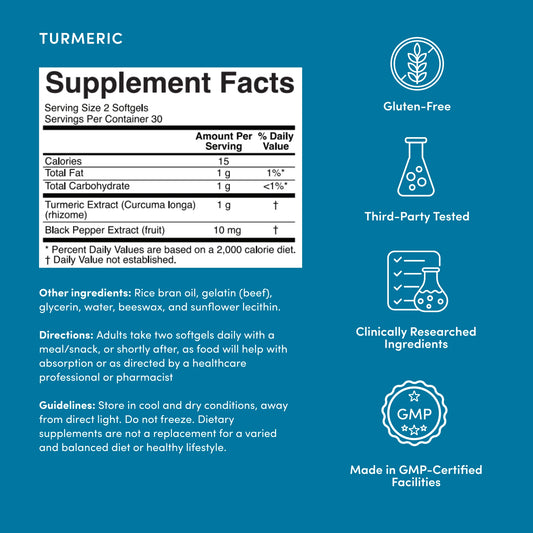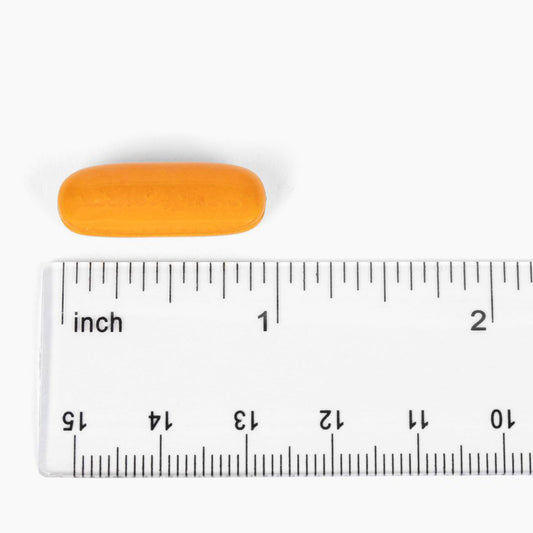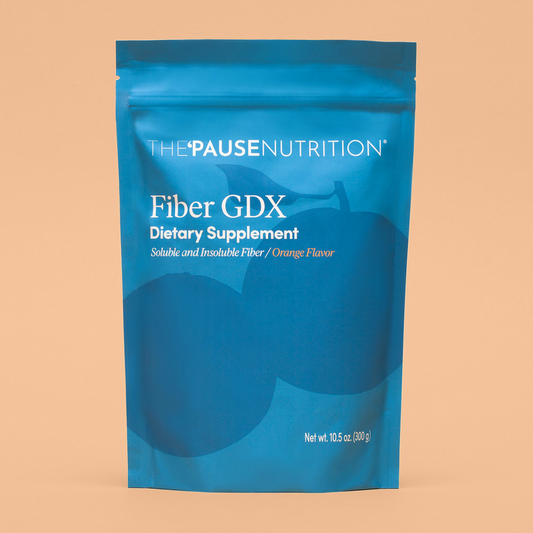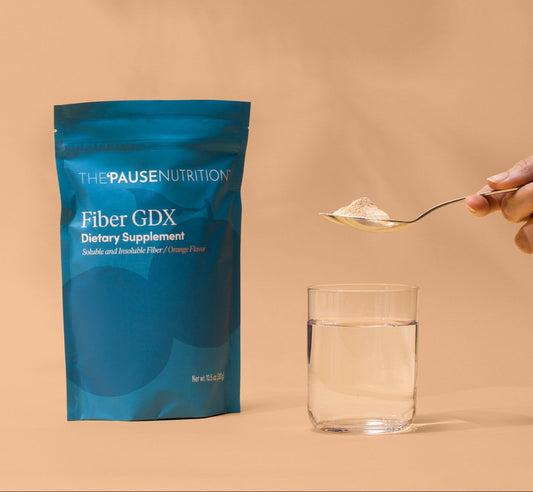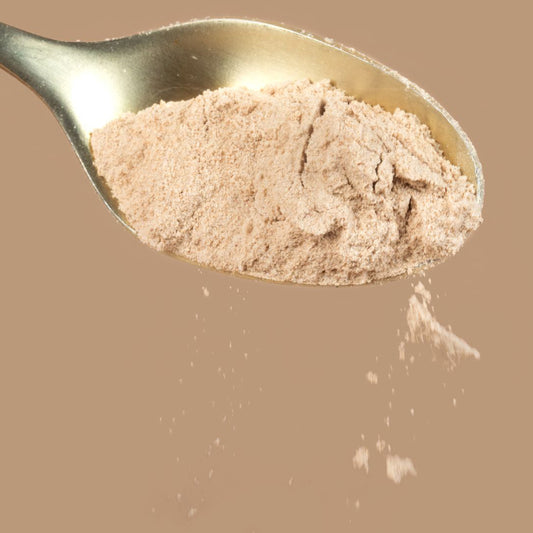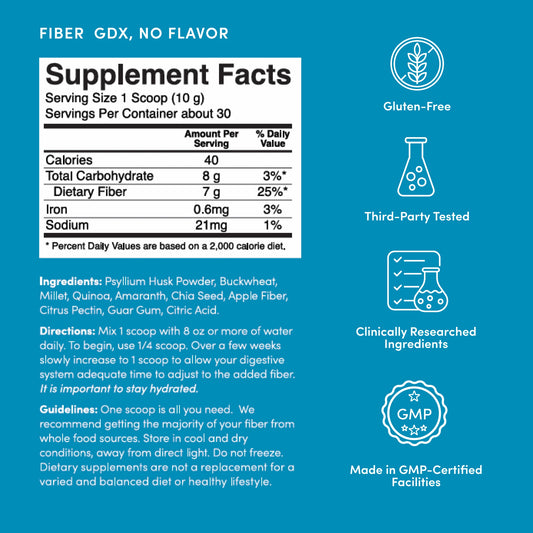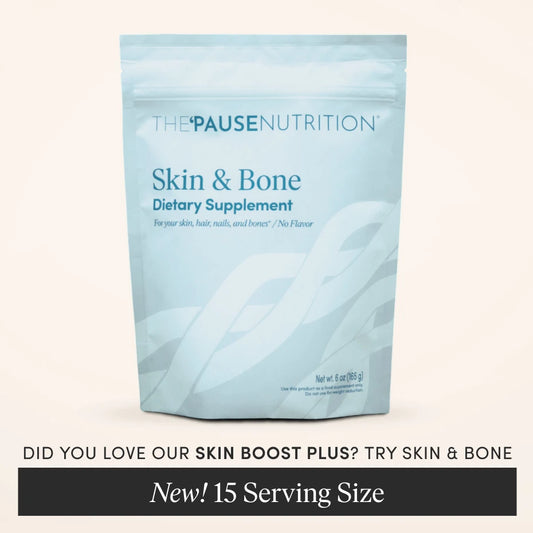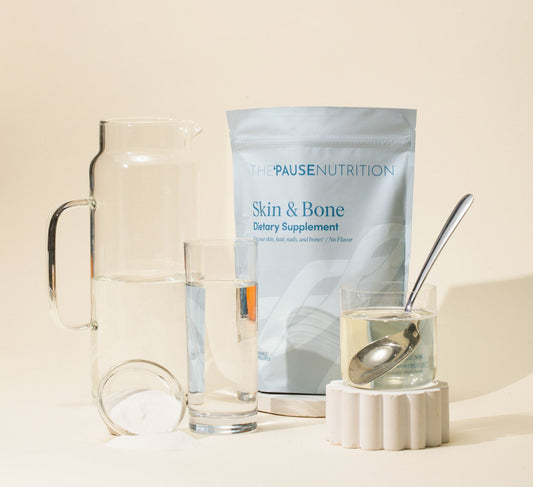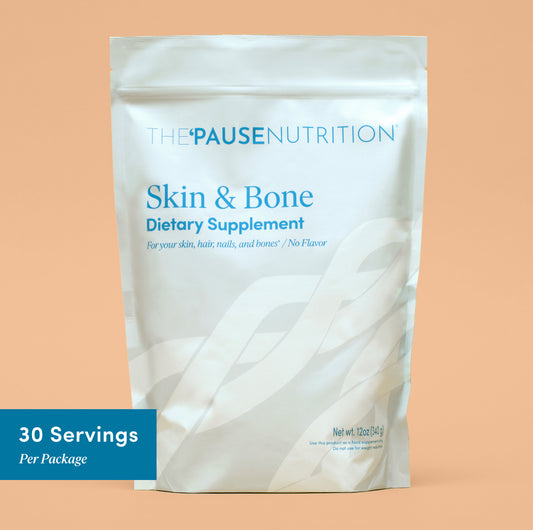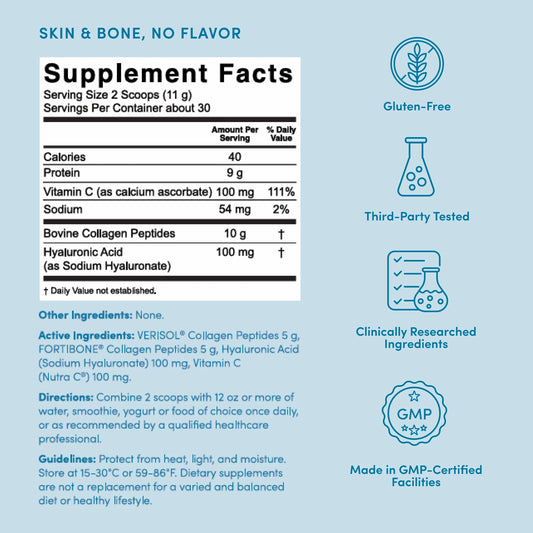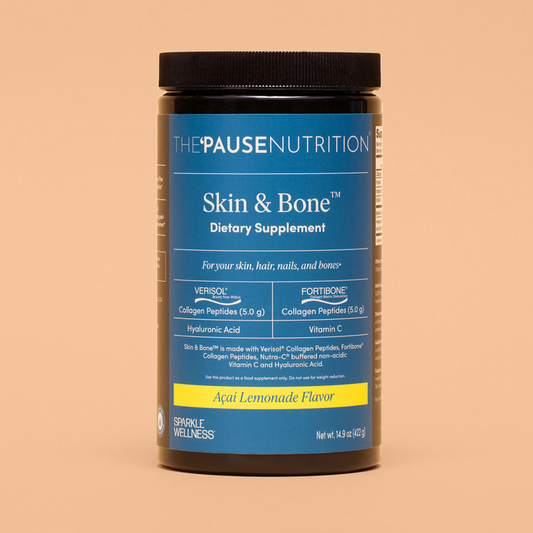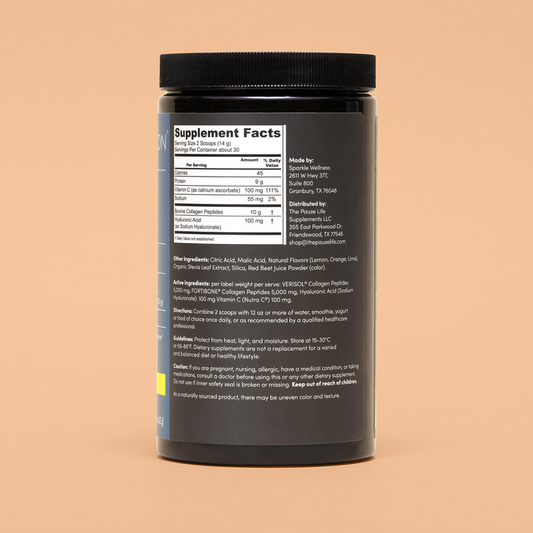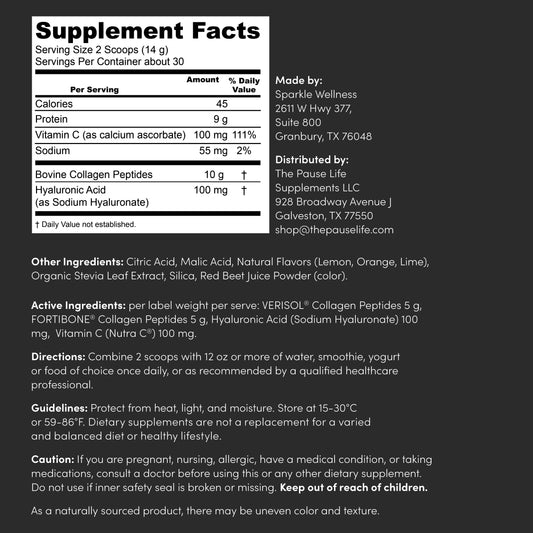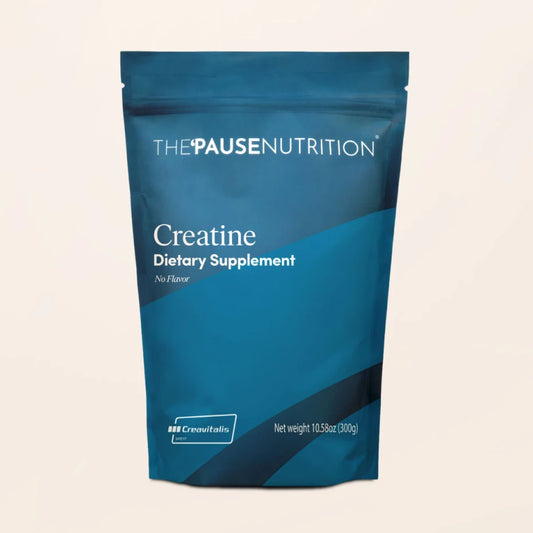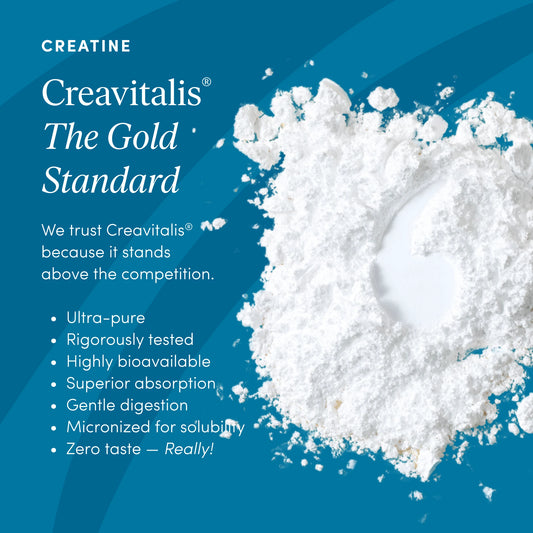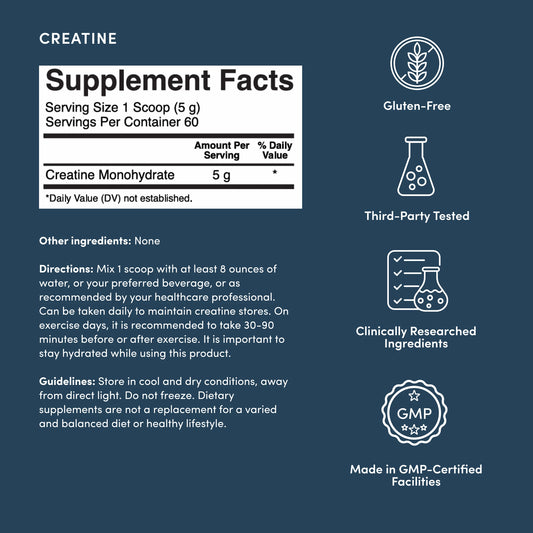5 Habits for a Healthy Heart

Share
Estrogen has powerful anti-inflammatory properties. It keeps our eyes moist, our skin plump and firm and our joints and muscles flexible. It does the same for the endothelium(1), the whisper-thin lining of our entire cardiovascular system.
The menopause transition triggers a rapid decline in estrogen that leads to complex biological changes, including increases in cholesterol levels and blood pressure, higher blood sugar, or the development of visceral fat around our organs. Simply put, the protective effects of estrogen wear off.
Today, heart disease is the No. 1 killer of women(3), responsible for one in three deaths. Unfortunately, it’s striking earlier as lifestyle habits, stress and poor health care leave younger women in their 30s to 50s at greater risk. Studies show that women who go through menopause earlier are also at higher risk(4) of developing cardiovascular disease.
If this sounds serious, it’s because it is. But the good news is that up to 80 percent of your cardiovascular risk(5) is shaped by your lifestyle habits. This means that you have a lot of the power necessary to create the future you want. As a doctor, here’s what I suggest to women looking to stay heart healthy.
1) Pay attention to hot flashes
While we may joke about hot flashes, from a medical perspective, it’s not wise to dismiss them or take them lightly. Vasomotor symptoms(6) including hot flashes, night sweats and heart palpitations indicate that your cardiovascular system is in distress. And the more untreated hot flashes you have, the higher your risk for developing cardiovascular disease.
2) Please don’t smoke
This is a big one. Did you know smoking is the number one modifiable risk factor(7) for both heart attacks and strokes? I’m sure you’re already aware that smoking isn’t good for you, but please think about how the people you love —your significant other, children and friends— will feel if you join the 480,000 people who die from smoking(8) each year. There are treatments and support systems available to help you quit, so take this as your sign to speak to your doctor about what may be available to you. Don’t wait another day!
3) Make time for exercise
Scientific research has proven that people who lead a sedentary life(9) have a higher risk of cardiovascular disease. This means you need to get moving! Find ways to work walking and two to three sessions of weight bearing exercise into your week. Consider taking a walk or lifting some weights just after the sun comes up and before you get sidetracked with the busyness of your day. Park further away from your destination. Start dancing or swimming if that’s what you like. Once you start moving regularly, you’ll reap so many benefits.
4) Eat nourishing foods
Enjoy a colorful diet of whole natural foods, with enough protein, fiber and healthy fats including omega 3s. You don’t have to be perfect, but your habits over time can help protect your heart.
Check your levels to make sure you’re not deficient in crucial minerals and vitamins including magnesium, B vitamins and vitamin D3. It’s equally important to become a label reader so you can avoid ultra-processed foods with harmful ingredients such as food dyes, additives, preservatives and high fructose corn syrup. Many studies have linked frequent consumption of ultra-processed foods(10) to higher risk for cardio metabolic disorders and all cause mortality.
5) Consider hormone replacement therapy
While most women see a rise in cardiovascular risk after menopause, there’s one group of women who are an exception: women who withing the first 10 years of their menopause, or before the age of 60, take systemic estrogen as a part of hormone replacement therapy(11). Estrogen has many actions, but one of those is supporting production of nitric oxide, which keeps the endothelium and blood vessels healthy. The form of estrogen called estradiol helps us produce more(12) of it too. In this population, using estrogen is also linked to lower risk of death from any cause(13).
Although many organizations that set health care policy don’t recommend HRT to prevent heart disease, the science is clear and I believe women deserve to make their own informed decisions. To learn more, I recommend following Dr. Jayne Morgan, cardiologist, menopause expert and Vice President of Medical Affairs for Hello Heart, a digital platform designed to empower people to manage their heart health.
Know the symptoms of a potentially serious heart event
Many women describe heart attack pain as tightness or pressure in the chest but it’s entirely possible not to have any chest pain during a significant heart event. The symptoms may be vague but more noticeable than chest pain.(15, 16)
Some of the more common symptoms reported are:
- Neck, jaw, shoulder, upper back or upper stomach pain.
- Shortness of breath.
- Pain in one or both arms.
- Nausea or vomiting.
- Sweating.
- Lightheadedness or dizziness.
- Unusual fatigue.
- Heartburn, also called indigestion.
Don’t be afraid to talk to your clinician about your heart health. Together, you can make a plan to address your lifestyle and potential hormone supplementation. With a little bit of effort, your daily habits can protect your heart and help keep your muscles, brain and bones healthy too!
This article contains affiliate links.














